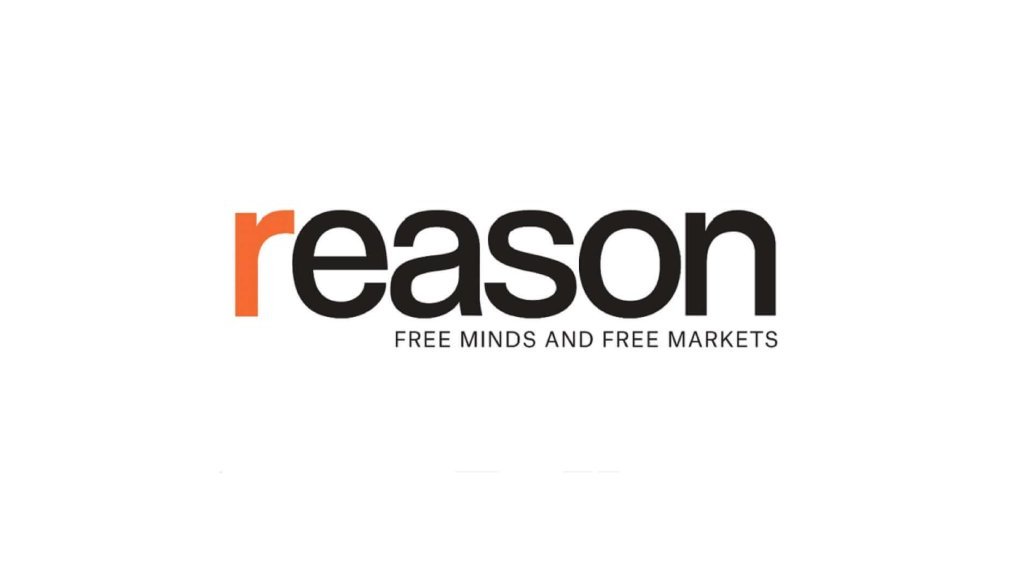Journal of Free Speech Law: My “The Future of Government Pressure on Social Media Platforms”
The article is here; the Introduction:
Throughout the mid-twentieth century, many commentators sharply criticized the perceived oligarchy of mass communications. “Freedom of the press,” journalist A. J. Liebling famously said in 1960, “is guaranteed only to those who own one.” For a while in the early 2000s, thanks to the “cheap speech” made possible by the internet, everyone seemed to own a printing press capable of producing and distributing thousands (sometimes millions) of copies of one’s electronic leaflets. Many thought that the future of free speech was therefore one with broad freedom for speakers.
But now, we see it was too good to be true—for certain values of the variable “good.” It turns out that, today, we’re just borrowing printing presses: Facebook’s, X’s (formerly Twitter), YouTube’s. Even those of us who have our own blogs rely on hosting services such as WordPress, GoDaddy, and the like. And while most of the time these services are happy to let us use them, some of the time they say no. This platform interest in restricting speech has surged in the last ten years, and it seems likely to grow further.
What to do about this is one of the main free speech questions likely to occupy courts and l
Article from Latest

The Reason Magazine website is a go-to destination for libertarians seeking cogent analysis, investigative reporting, and thought-provoking commentary. Championing the principles of individual freedom, limited government, and free markets, the site offers a diverse range of articles, videos, and podcasts that challenge conventional wisdom and advocate for libertarian solutions. Whether you’re interested in politics, culture, or technology, Reason provides a unique lens that prioritizes liberty and rational discourse. It’s an essential resource for those who value critical thinking and nuanced debate in the pursuit of a freer society.



